Morgan Stanley Wealth Management's Global Investment Committee (GIC) has sounded a cautionary note on the resilient U.S. consumer, a key driver of economic growth. Despite consumer spending maintaining a steady nominal growth rate of 5 to 6%, the GIC is expressing concern over the K-shaped economy's impact on mid- to lower-end consumers.
According to Lisa Shalett, chief investment officer and head of the GIC, the marginal propensity to spend an incremental dollar of earnings is more than 0.6, based on Oxford Economics data. This suggests that lower-end consumers, who make up 40% of consumption in the economy, are increasingly struggling to keep pace with rising costs. As a result, Shalett sees genuine cracks emerging in this critical cohort, which drives the bulk of marginal growth in consumption.
Consumer spending accounts for roughly two-thirds of national GDP, a relationship that has been challenged in 2025 by the massive surge in data-center spending. While this has boosted overall GDP growth, it has also masked underlying weaknesses in consumer spending patterns. The GIC's warning comes as consumer spending has maintained a steady nominal growth rate of 5 to 6%, outpacing GDP growth of around 4%.
The market impact of the GIC's warning is likely to be significant, particularly for companies that rely heavily on consumer spending. Retailers, restaurants, and other consumer-facing businesses may see their sales growth slow or even decline if lower-end consumers continue to struggle. In contrast, companies that cater to higher-end consumers, such as luxury goods manufacturers and high-end retailers, may see their sales growth accelerate.
Morgan Stanley Wealth Management's GIC is part of a larger trend of investment firms and economists expressing caution on the U.S. consumer. The K-shaped economy, characterized by rising income inequality and diverging economic trends, has been a major concern for investors and policymakers in recent years. The GIC's warning highlights the need for greater scrutiny of consumer spending patterns and the potential risks to economic growth.
Looking ahead, the GIC's warning suggests that the U.S. consumer may not be as resilient as previously thought. If lower-end consumers continue to struggle, it could have significant implications for economic growth and corporate profitability. Investors and policymakers will be closely watching consumer spending patterns in the coming months to gauge the impact of the K-shaped economy on the broader economy.





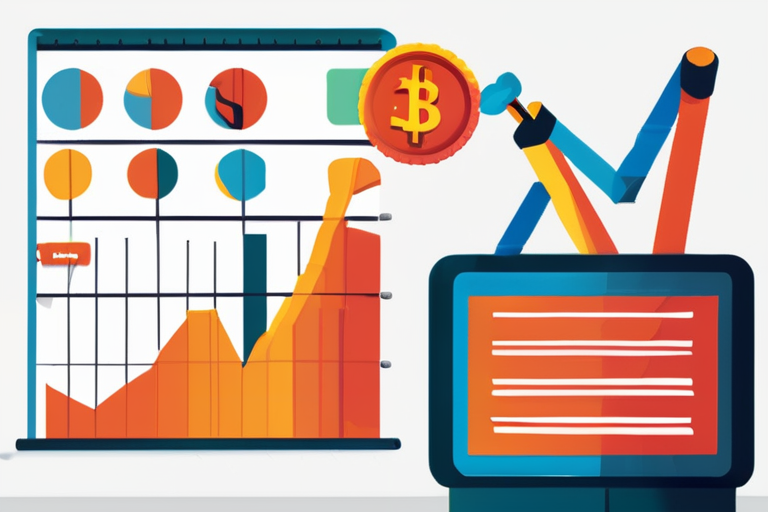


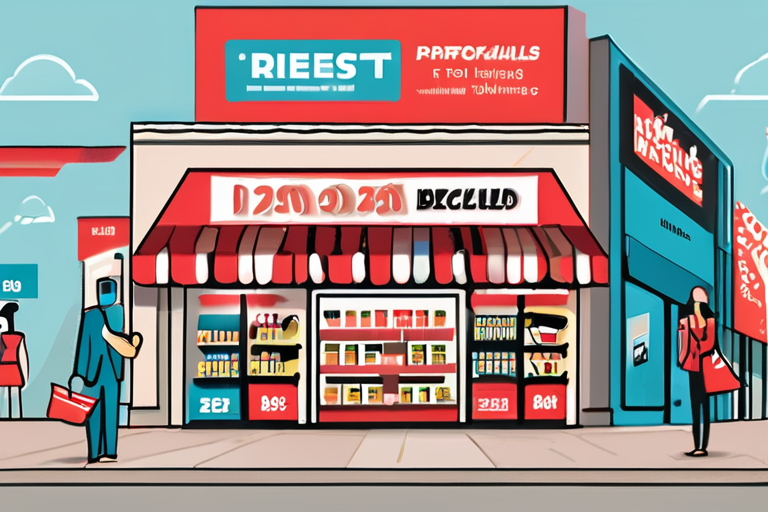




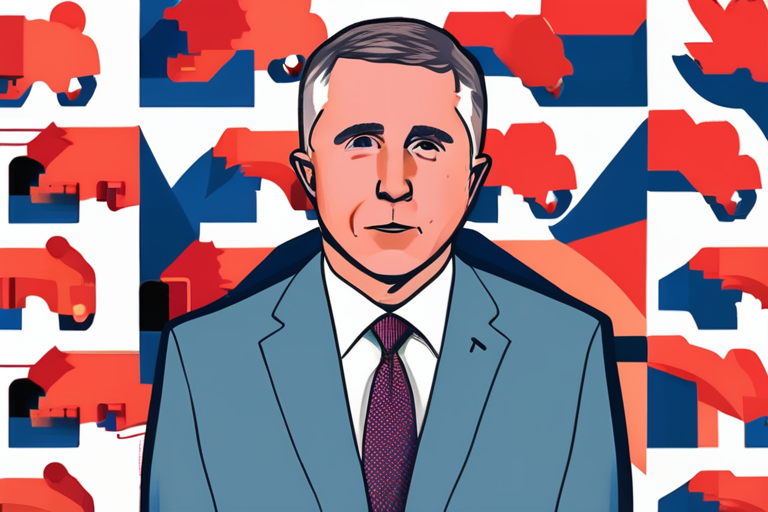
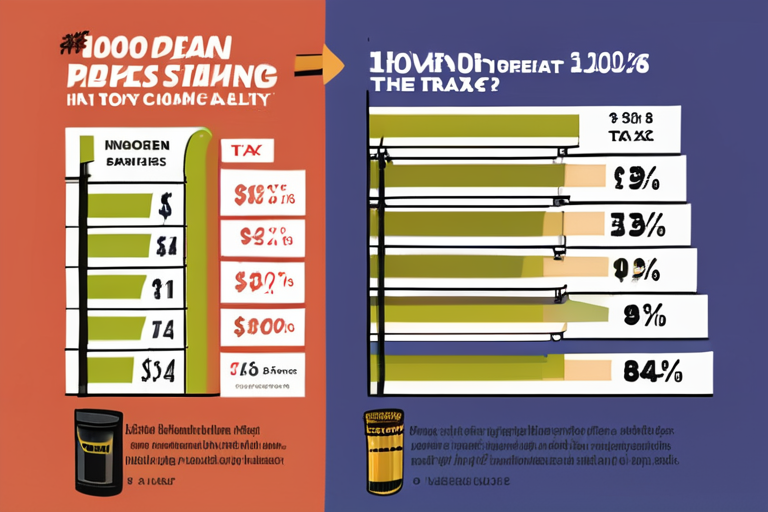
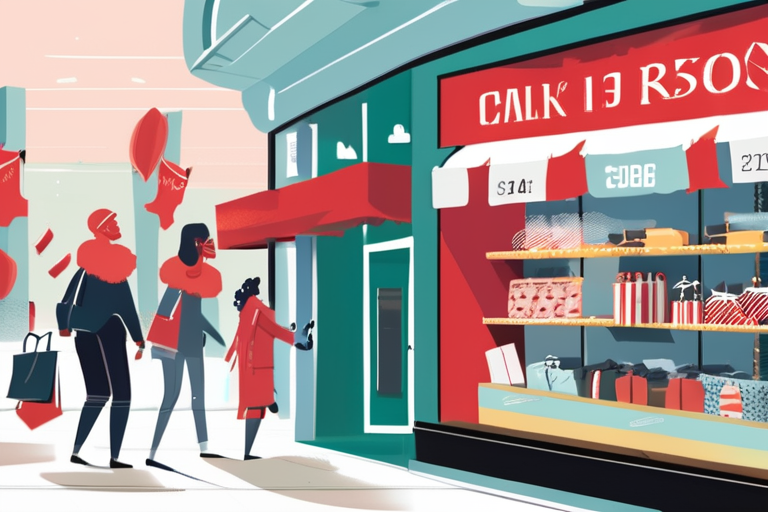





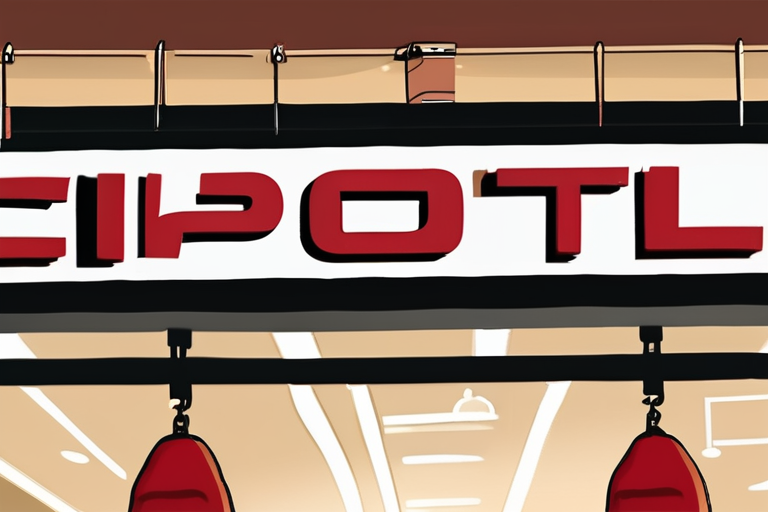


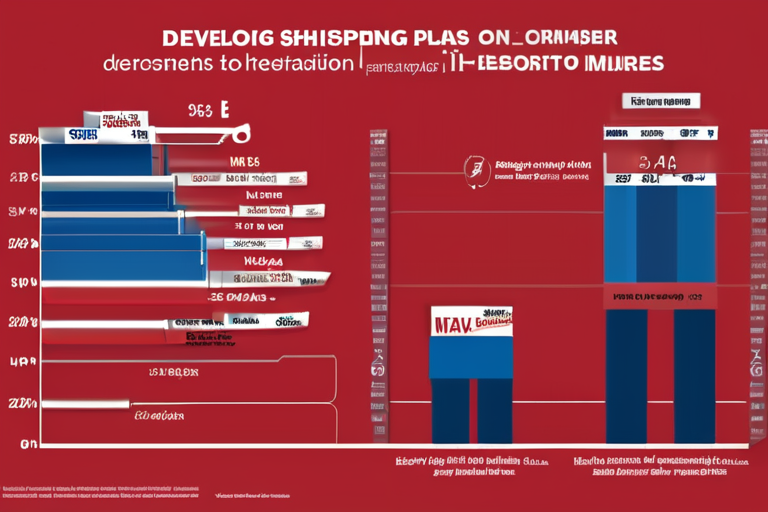

Share & Engage Share
Share this article